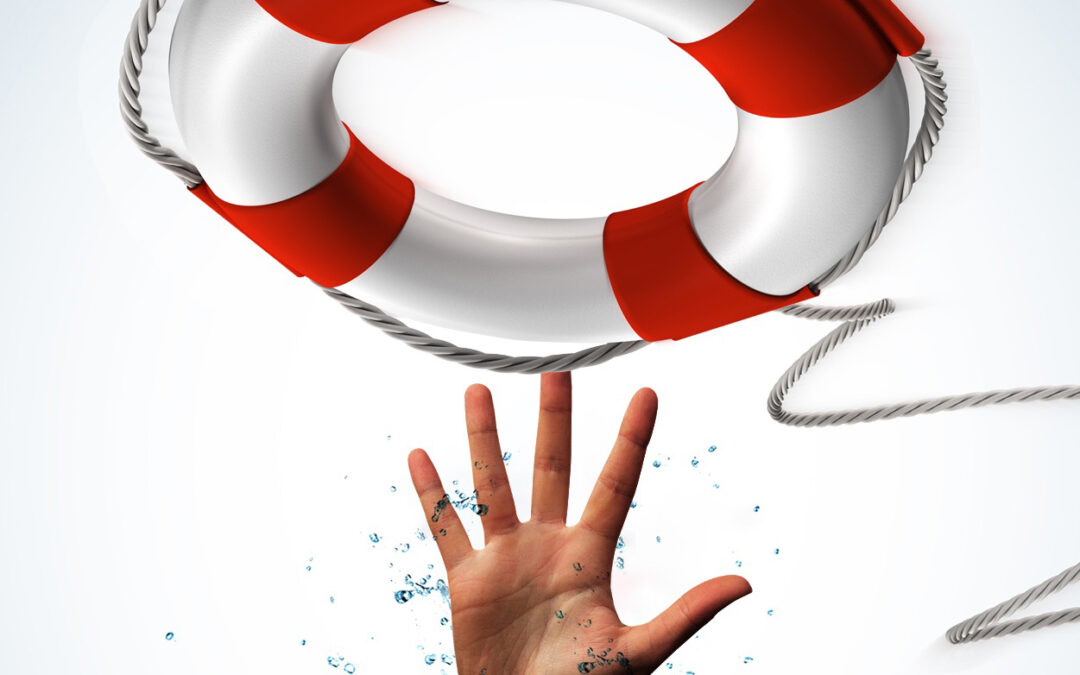One Woman's Experience with the Address Confidentiality Program
Note: This is not legal advice. "Sandy Beach" is a divorcee who left her violent husband and was able to use the address confidentiality program to conceal her location. This is her story told in her own words, written in 2020. Please consult an attorney, a domestic violence shelter, or contact your own state directly if this program is of interest to you.
Sandy wrote:
I think about 34 states have some form of the address confidentiality program. The qualifications are different in different states.
I have used it for about 2 years and love it. I was told about it at the Sexual Assault Victim Advocacy Center when I relocated. It is also accessible with the help of a domestic violence (DV) shelter advocate.
In my case, playing the recording of my husband admitting to raping me a week into our marriage, throwing me into a wall, and emotionally and verbally abusing me for 30 years was adequate to qualify.
(Ironically, my "disaster pastor" told my adult son that I had coerced his father into making that admission though it is clear I hadn't even expected to talk to him that day. In fact, I didn't realize I had remembered to turn on my phone the day I went to get my last things from the house. I had started recording all interactions long before this. I didn't find the recording until 2 years later.)
So I don't know the requirements for proof in all states but in my state, anyone who is a victim of sexual assault or domestic violence is eligible.
In my case, it means my state has provided a specific physical address for me which is on my driver's license, voting registration, concealed carry permit, etc. In fact, my address is not included on my car registration or even my car title but I get directed to a special department at the Department of Motor Vehicles (DMV).
Incidentally, the address is unique and each participant is assigned an apartment type number. Law enforcement knows any license they see with that specific address means the holder is a survivor of DV and/or sexual assault. I got my first ticket last summer and the officer asked me if I was safe and if I was doing ok. I almost cried at his kindness.
Utility/phone companies have "safe at home" programs in conjunction with this so my actual physical address does not show up on any billing.
I also use OneRep which removes any mention of my names from social media or other data aggregators.
Other ideas. I use Duck Duck Go for searches. I use free Protonmail for encrypted emails. I use Signal app for encrypted calls texts and voice memos. This is used by journalists with sources. I use NordVPN.
As my kids describe it, I will be just fine unless I am suddenly not. The DV agency asked me to file a report of the long-ago rape in order to have a case file started should anything happen.
A police officer came to my home for my written statement. He also helped me evaluate the likely ways my ex would access my home, asked me if I would shoot him if he showed up. (Yes, but willing and able are 2 different things when adrenaline is pumping.)
The DV counselor and police officer both said my ex, if he were to ever come after me, would likely rape me again before killing me. That freaked me the heck out!
I appreciate the Address Confidentiality Program (ACP) so much! Easy to use. Wonderful people. I'm happy to answer any specific questions if I can.
Sandy Beach can be found on Twitter at @Thrivingseason https://twitter.com/Thrivingseason

